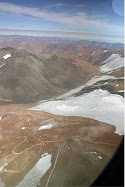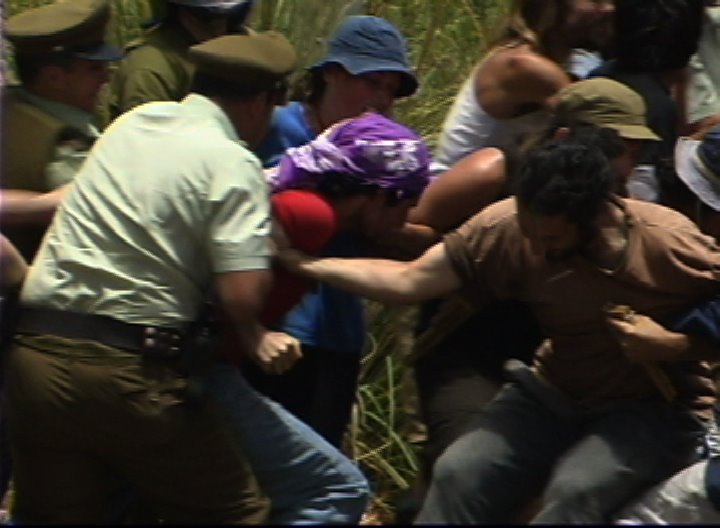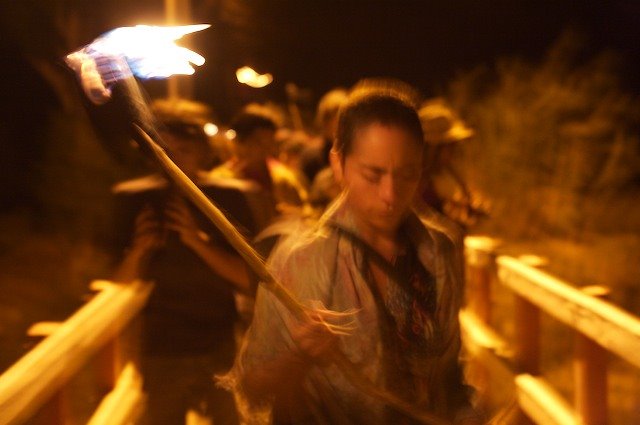
Barrick Lawyer Jose Antonio Urrutia

Director Extend Pilar Velasco

Sergio Harpa

Ex Senador (DC) Jorge Lavendero
The lobby of the Barrick Gold to exploit Pascua-Lama
The its is the lobbying by the Barrick Gold corporation for the adoption of the Treaty, that would allow the exploitation of gold in the border area of the site known as Pascua Lama. The Mining Integration Treaty between the Republics of Chile and Argentina that is Pascua on the Chilean Side and Lama referring to the Argentina side.
The lawyer for the Mining Company is Jose Antonio Urrutia who was the first lawyer to study environmental law in the US and who also drafted the first environmental laws in Chile.
Senator Jorge Lavendero who headed up the opposition against the transnational issue of companies who do not pay taxes for mining in Chile took up this issue of a Bi National Treaty.
A meeting was set up by then the Communications Company Extend and senior partner Marcelo TRivelli Oyaryun, former mayor of Santiago, invited Jorge Lavendero.
Jorge finally met under the precondition that he attend with his advisors. The meeting was finally held at the restaurant “ La Maison de France “ in Santiago. Attending the meeting were Barrick Lawyer Jose Antonio Urrutia, Lobbyist Marcelo Trivelli and Pilar Velasco of Extend and Sergio Harpa who is now head of Codelco Norte.
During the dinner attorney for Barrick Jose Antonio argument was their knowledge of the Mining Treaty came from the fact that during the nineties, Barrick had found the existence of fundamental legal instruments that enable in optimum conditions to exploit a cross border gold deposit, located in Chile 8o% and 20% in Argentina, which was described as one of the biggest in the word at the time.
Therefore, in the hope of preserving their company not only had maintained for several years, a dialogue (read: lobbying) with the highest administrative and policy of Chile and Argentina to carry out their project, they also had Mining drafted Treaty national. As commented upon leaving and his reunion, the surprising of all this was not just assembling the declaration, the governments of Chile and Argentina, had to sign a treaty that had been conceived and drafted by the transnational, but also this was done to eyes of Congress and domestic public opinion.
In the meantime, Senator Lavandero led the opposition to the treaty in Congress and in the country, toured the country from one extreme to another, alerted workers, their unions, in effect, sought support from the public, in front a state that happily resigned to their sovereignty.
However, the triumph of Barrick and its lobbyists Chileans was short lived as in 2000, the Constitutional Court declared that the Chilean courts have no jurisdiction to grant easements to mineral deposits in Argentina.
What had happened?
13 Senators -Jorge Lavandero Illanes, Fernando Cordero Rusque, Julio Canessa R., Jorge Martínez Busch, Enrique Zurita C., Antonio Horvath K., Rodolfo Stange O., Beltrán Urenda, Jovino Novoa V., Marco Cariola B., Mario Ríos S. Thirteen senators - Jorge Lavandero Illanes, Fernando Cordero Rusque, Julio R. Canessa, Jorge Martinez Busch, Enrique C. Zurita, Antonio Horvath K. Strange Rodolfo O., Beltran Urenda, V. Jovino Novoa, Marco Cariola B., Mario Rios S. y la senadora Evely Matthei F-
Signed an order for unconstitutionally Mining Treaty ,sponsored by the lawyer in July Stuardo Gonzalez. With this opinion pipelines to transport copper Argentina Chilean Ports to the Pacific were viable, the alternative for the Argentina side, towards the Atlantic, meant journey of over 1000 km with which Argentina mining projects were no longer profitable.
This chapter in the history of mining in Chile shows the complex web of influences and corruption that has surrounded the penetration of transnational companies in Chile.
Personeros the same time that a recovery was declared by Chile for copper, used in the Mining Law Constitutional Law 18,097 or mining concessions (January 21 January 1982) issued by the dictatorship to maintain a privileged status to transnational mining: unique! 18,985 law enacted in June 1990, the first of the Tax Reform Coalition, which increased the VAT, but that in practice free of income tax to foreign mining.
The same Act gives the Coalition 19 137, which allows alienate transnational CODELCO deposits that were not in operation, in open contradiction to the DL. 1167 of the military junta which banned the sale of mining concessions CODELCO. . That violated the Coalition against the dictatorship protectionist it had approved the year 1976.





No comments:
Post a Comment